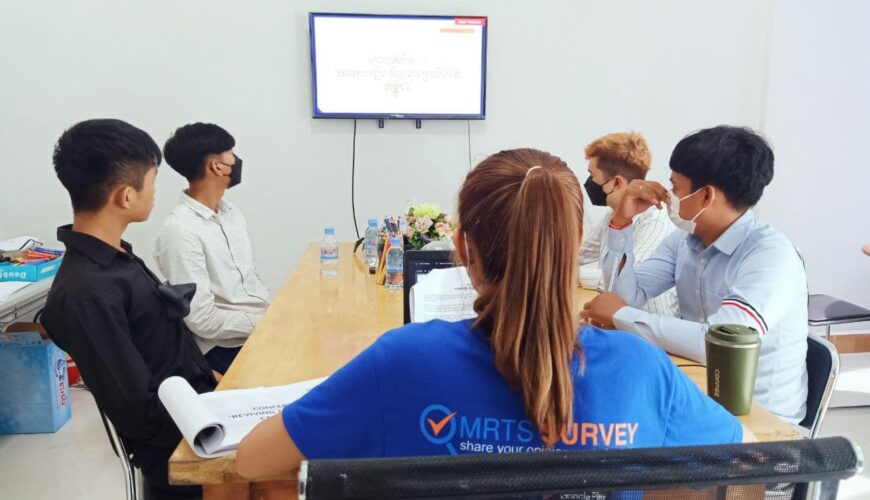What is a focus group?
A focus group is a research method that brings together a small group of people (usually 6-10) to answer questions in a moderated setting. The group is chosen due to predefined demographic traits, and the questions are designed to shed light on a topic of interest.
Focus groups are a type of qualitative research. Observations of the group’s dynamic, their answers to focus group questions, and even their body language can guide future research on consumer decisions, products and services, or controversial topics.
Focus groups are often used in marketing, library science, social science, and user research disciplines. They can provide more nuanced and natural feedback than individual interviews and are easier to organize than experiments or large-scale surveys.
Why use a focus group?
The purpose of conducting a focus group is to understand a topic, whether it is a product, service, belief, perception, or anything in greater depth. It is used to identify people’s opinions, attitudes, sentiments and explore the reasons behind these.
Focus groups are primarily considered a confirmatory research technique. In other words, their discussion-heavy setting is most useful for confirming or refuting preexisting beliefs. For this reason, they are great for conducting explanatory research, where you explore why something occurs when limited information is available.
A focus group may be a good choice for you if:
- You’re interested in real-time, unfiltered responses on a given topic or in the dynamics of a discussion between participants
- Your questions are rooted in feelings or perceptions, and cannot easily be answered with “yes” or “no”
- You’re confident that a relatively small number of responses will answer your question
- You’re seeking directional information that will help you uncover new questions or future research ideas.
How to conduct a focus group?
There are several steps involved in conducting a focus group successfully. Here are some of the key ones:
- Define your research objective: What do you want to learn from the focus group? What is the main question you want to answer?
- Choose your target audience: Who are the people you want to hear from? What are their common characteristics? How will you recruit them?
- Design your questions: What are the topics you want to cover in the discussion? How will you structure them? How will you ensure they are open-ended and unbiased?
- Select a moderator: Who will facilitate the discussion? What skills and experience do they have? How will they ensure everyone participates and stays on topic?
- Prepare the logistics: When and where will the focus group take place? How long will it last? What equipment and materials do you need?
- Conduct the focus group: How will you introduce yourself and the topic? How will you record and document the discussion? How will you handle any challenges or issues?
- Analyze and report the results: How will you transcribe and code the data? What themes and patterns emerge from the analysis? How will you present and communicate your findings.
Examples of focus groups
Focus groups can be used for various purposes and topics in market research. Here are some examples:
- A new product launch: A company wants to test its new product idea with potential customers before investing in production and marketing. They conduct a focus group with people who match their target market profile and ask them about their needs, preferences, expectations, and willingness to pay for the product.
- A brand perception study: A company wants to understand how its brand is perceived by its customers and competitors. They conduct a focus group with people who have recently purchased or considered purchasing their products or services and ask them about their awareness, associations, attitudes, and loyalty towards the brand.
- A customer satisfaction survey: A company wants to measure how satisfied its customers are with its products or services. They conduct a focus group with people who have recently used their products or services and ask them about their experience, satisfaction, problems, suggestions, and recommendations.

